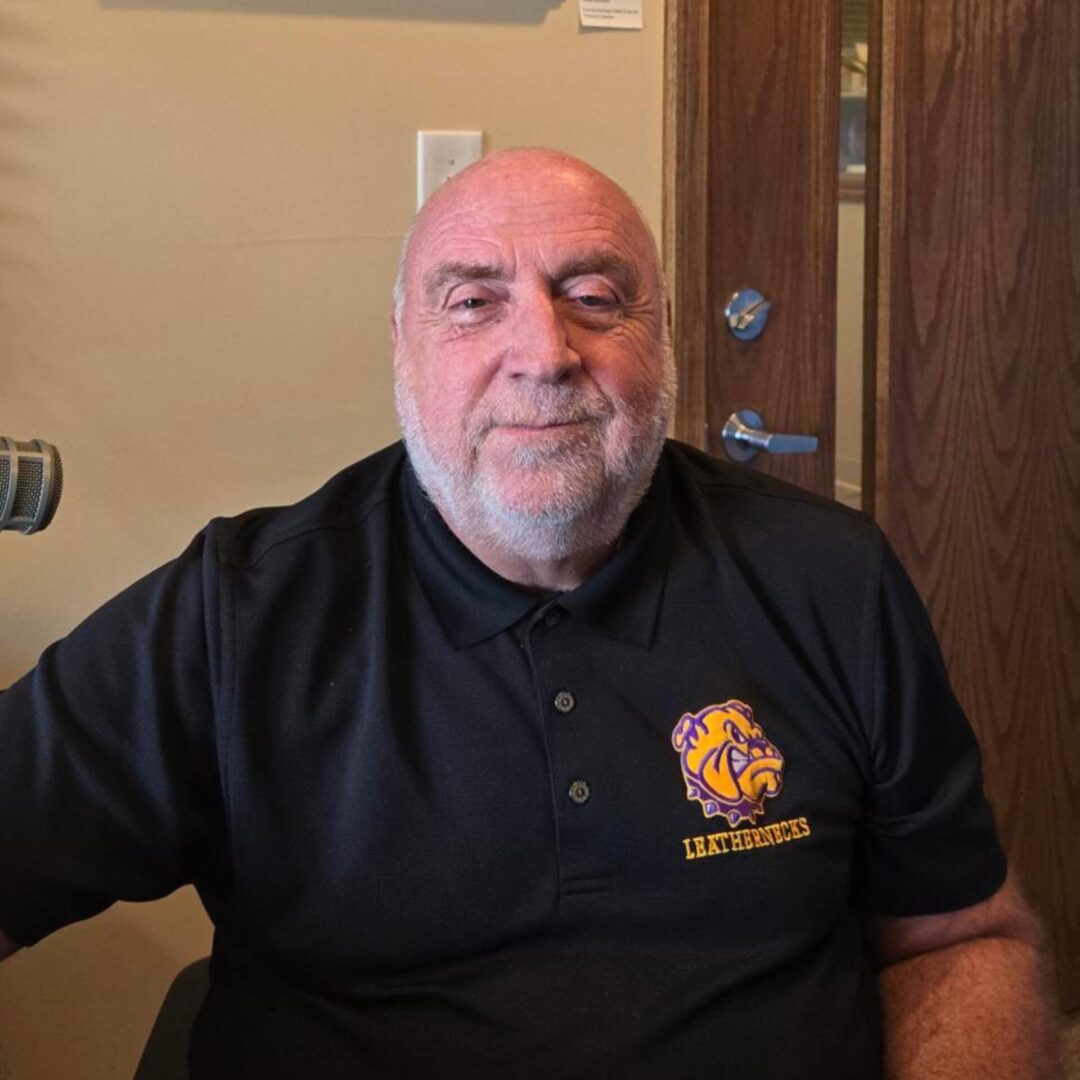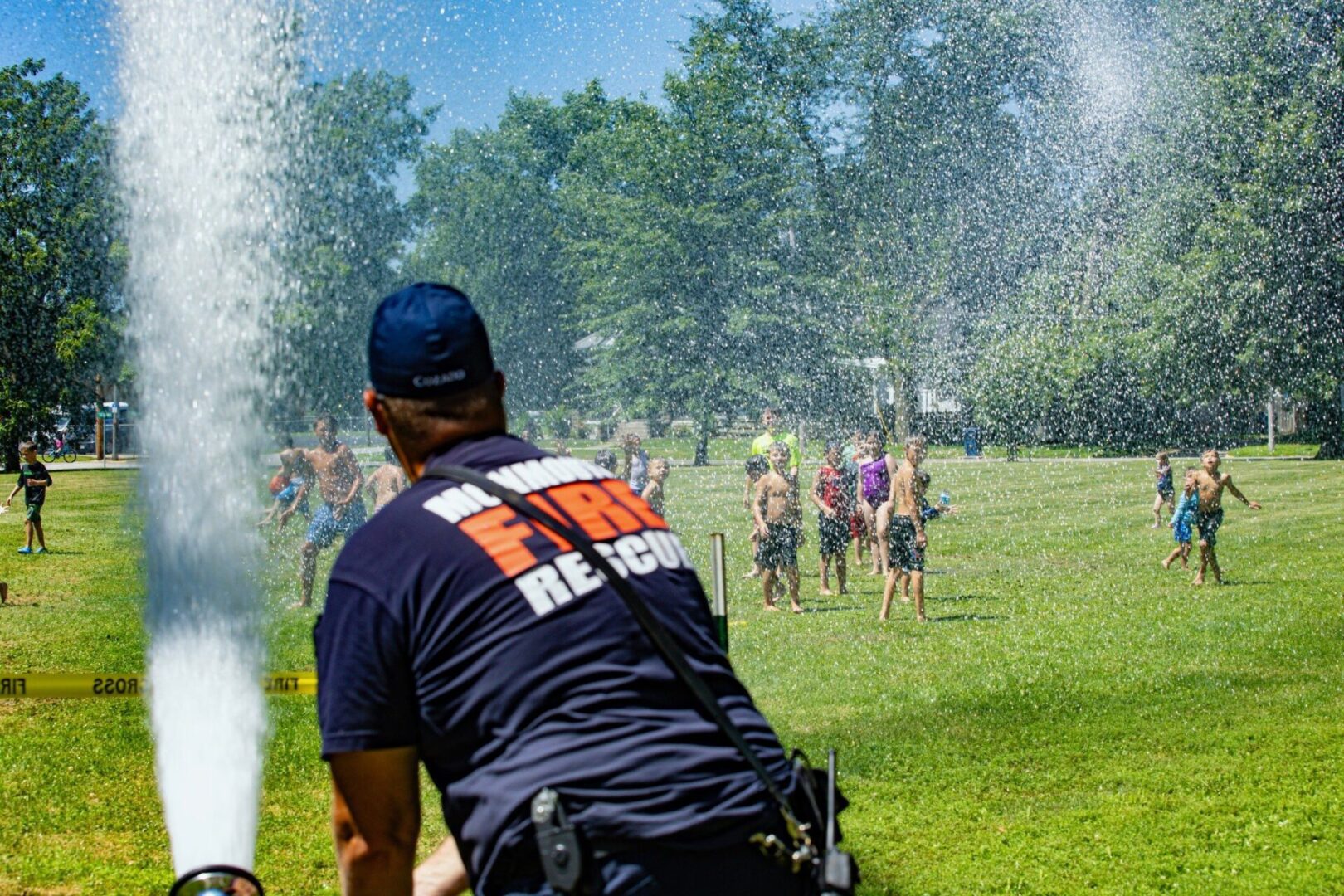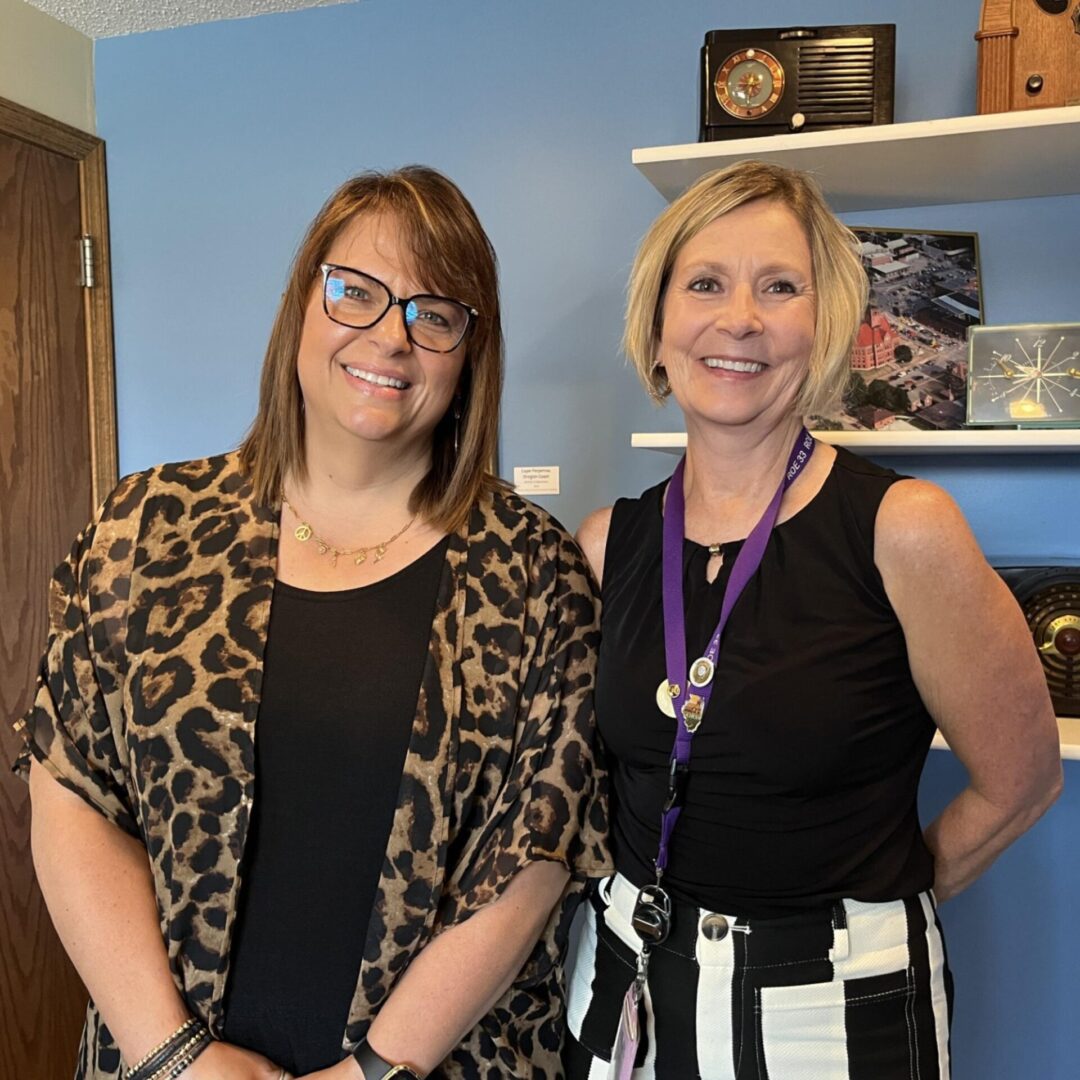By Thomas Best
Today, I will conclude a look back in time at a Time magazine article I used 13 years ago in teaching a class on the Civil War at Monmouth College.
The cover title of this 2011 issue stated: “Why We’re Still Fighting the Civil War. The Endless battle over the war’s true cause would make Lincoln weep.” The main article was written by David Von Drehle and featured a headline: “The Way We Weren’t: North and South shared the burden of slavery, and after the war, they shared in forgetting it. But 150 year’s later, it’s time to tell the truth.”
For this last episode, I want to address several areas of Civil War study which was becoming a concern in 2011 and continues to this day. For instance, did you know that the vast majority of Americans in the mid-19th century did not wish for a civil war; yet, come it did—and not just by accident. True, many people in the mid-1800s (both north and south) were upset over the troubled morality and the controversial economics of slavery. However, many Americans (again both north and south) were equally anxious about the partisan nature of national politics and the threats from both abolitionists such as John Brown and the southern “fire-eaters” who were advocating secession and warfare against the United States federal government. As proof of this situation, primary source records of the war reveal evidence that thousands of southerners joined “pro-Union” military units and fought Confederate troops on numerous blood-stained battlefields across their homeland. Likewise, there were northern “Copperheads”—especially in areas such as southern Illinois—who opposed Lincoln and the Republicans heavy handed agenda favoring the ending slavery and military assaults on the south.
Second, and finally, it is important to remember those who sacrificed their lives amidst this monumental and tragic conflict which severely affected our nation from 1861-1865. The article featured several photographs of statues of Civil War heroes and units which played an immense role in the years of bloody conflict. When I saw these, I thought of our own Civil War monument which stands dramatically on the grounds of our courthouse. When the work on the courthouse is finished, I encourage you to walk around that monument and read the names of the Union regiments and the soldiers who served from Warren County. Their names are often forgotten to all but those who can trace their lineage to these names. These men left their homes in Warren County and departed for camps and battlefields across the South. Take note of how many were particularly affiliated with the 83rd Illinois Infantry Regiment. More men from Warren County joined this unit than any other. These men particularly served widely across Tennessee and participated in such fights as the Second Battle of Fort Donelson. This is where Col. Abner Clark Harding (the man honored atop the monument) became a hero to his friends in Warren County and across the Union. Winning a battle against three of the Confederacy’s best commanders, this aging leader would later come home and be elected to the House of Representatives.
We need to be open to learning more about the Civil War and the history of our community.













